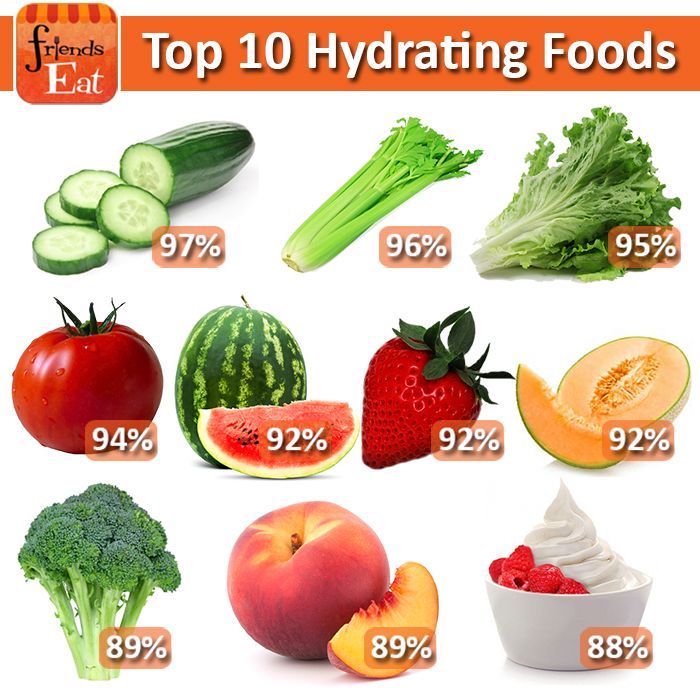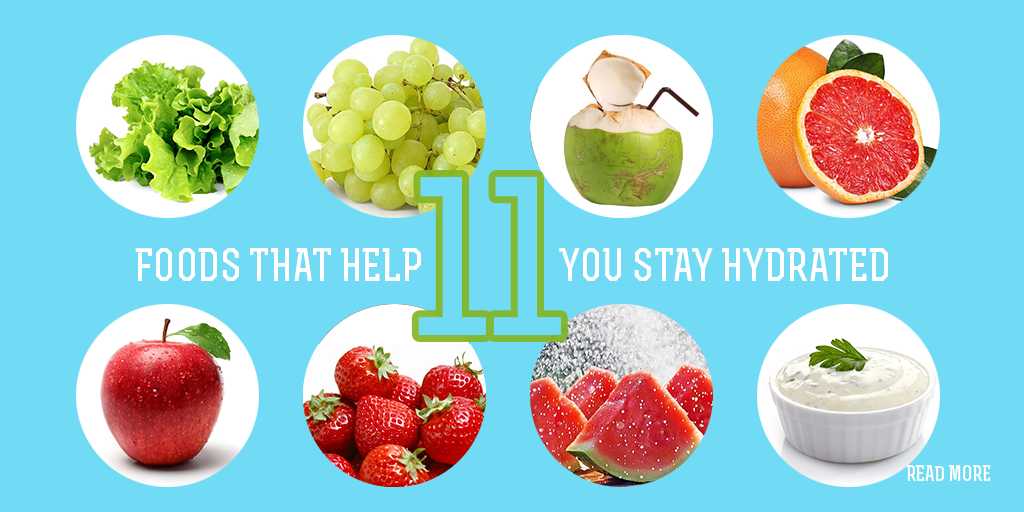When most people think of staying hydrated, they picture tall glasses of water, sports drinks, or perhaps a morning cup of herbal tea. But there’s a lesser-known fact that plays a crucial role in our daily hydration: you get hydrated through food. In fact, roughly 20-30% of your daily water intake comes from the food you eat. This hidden source of hydration not only supports overall fluid balance but also contributes a host of other health benefits.
How Food Provides Hydration
Many foods, especially fruits and vegetables, have high water content. When consumed, this water is absorbed into the bloodstream just like the water you drink. Here are several instances of foods that possess particularly high levels of water content:

Food Water Content (%)
Cucumber 96%
Lettuce 95%
Celery 95%
Watermelon 92%
Strawberries 91%
Cantaloupe 90%
Oranges 86%
Yogurt 85%
Broccoli 89%
Tomatoes 94%
Health Benefits of Hydrating Through Food
- Better Nutrient Absorption
For instance, fruits and vegetables supply vitamin C, potassium, antioxidants, and phytonutrients. When you hydrate through food, you’re not just meeting your fluid needs—you’re nourishing your body in a more holistic way.
- Improved Digestion
Water-rich foods add bulk and moisture to your digestive system, promoting regular bowel movements and preventing constipation. Foods like leafy greens and melons are especially beneficial in supporting gut health and keeping things moving.
- Enhanced Satiety and Weight Management
Foods high in water content are often low in calories but take up more space in your stomach. This can help you feel fuller longer, reduce overeating, and support healthy weight loss or maintenance. Soups, fruits, and salads are prime examples of hydrating, satisfying foods.
- Cooler Body, Naturally
In warmer climates or during intense physical activity, hydrating foods can help regulate your body temperature. Watermelon and cucumber, for example, provide cooling hydration and essential electrolytes that help prevent heat-related fatigue.
- Support for Healthy Skin
Hydration plays a key role in maintaining skin elasticity, texture, and clarity. Eating foods rich in water, alongside staying hydrated with fluids, supports a healthy skin barrier and reduces the appearance of dryness or dullness.
Tips to Maximize Hydration from Food
Start your day with fruit: Add berries or melon to your breakfast.
Snack smart: Swap chips or crackers for cucumber slices, celery sticks, or orange wedges.
Eat more soups and stews: These can be highly hydrating and nutrient-rich.
Choose fresh over processed: Fresh fruits and vegetables have much higher water content than processed foods.
Add greens to every meal: Leafy greens like romaine, spinach, and arugula are packed with water and nutrients.

Conclusion
While drinking water is essential, don’t underestimate the hydrating power of the food on your plate. By including more water-rich foods in your diet, you’re not only helping your body stay hydrated, but you’re also benefiting from improved digestion, better skin, enhanced nutrient intake, and more. Next time you’re thirsty, reach not just for your water bottle—but also your salad bowl or a juicy slice of watermelon.
Hydration encompasses not only the beverages you consume but also the food you eat.